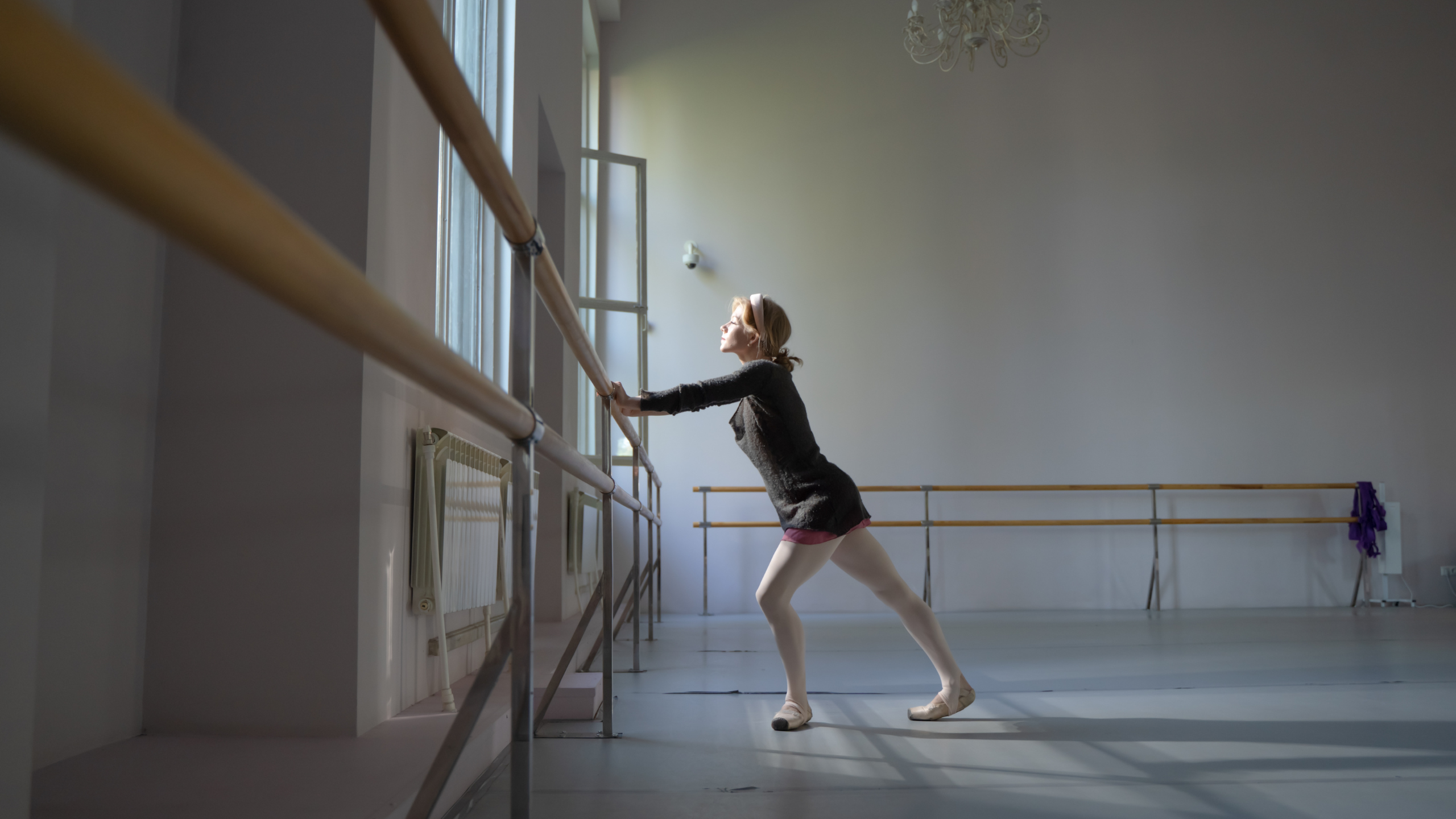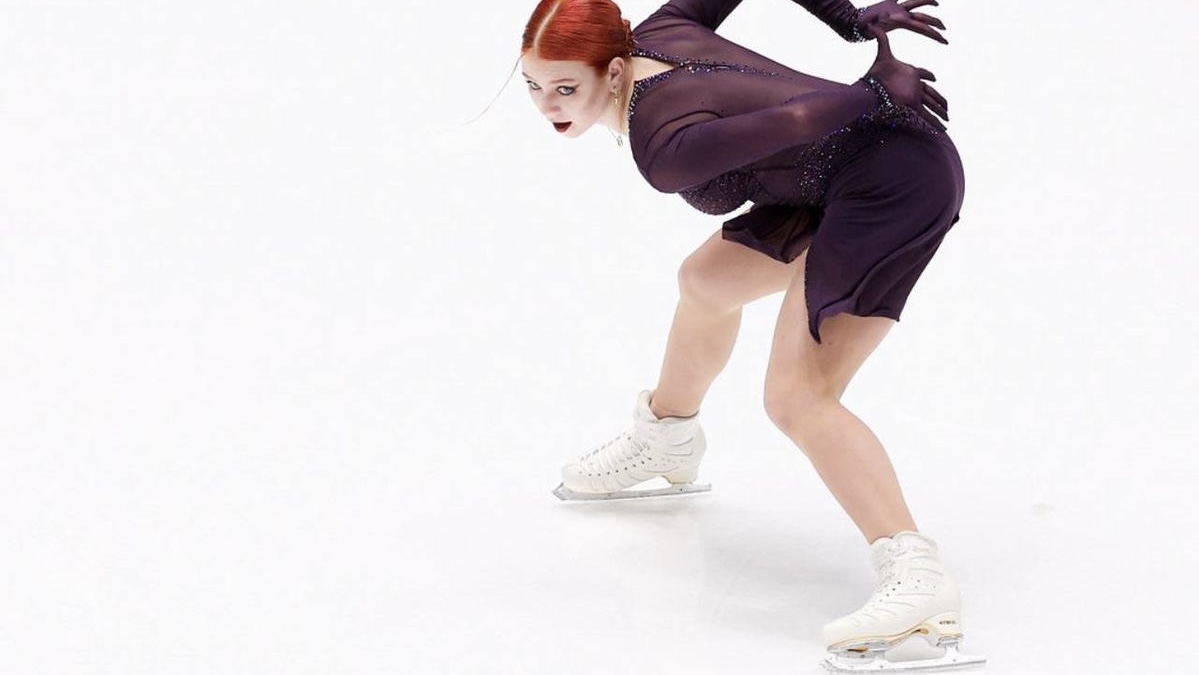January 15, 2025
Alexandra Trusova Expecting a Child
May 15, 2025

Ballet, often seen as a pursuit for young dancers, is increasingly drawing adults who discover its profound physical, mental, and emotional rewards. Whether in your 20s or 60s, starting ballet as an adult offers a unique blend of exercise, artistry, and personal growth. A 2019 Journal of Dance Medicine & Science study found that adult ballet classes improve physical fitness by 15% and mental well-being by 12% within three months. Drawing on research and real stories of adult beginners, this article explores five reasons why adults should embrace ballet, highlighting how it enhances health, confidence, and creativity.
Ballet’s structured yet expressive nature makes it an ideal activity for adults seeking a challenging and fulfilling pursuit. Unlike sports tied to youth, ballet welcomes beginners at any age, with adult classes offered in studios worldwide, from recreational to advanced levels. A 2020 Journal of Sports Sciences study notes that dance-based activities like ballet boost coordination and balance by 10% in adults, making it accessible and beneficial regardless of prior experience. For adults, ballet is less about professional aspirations and more about unlocking physical and emotional potential through disciplined movement.
Ballet is a full-body activity that builds strength, flexibility, and endurance. It engages core muscles, legs, and upper body through controlled movements, promoting overall fitness. A 2018 Journal of Strength and Conditioning Research study found that ballet training increases muscle strength by 12% and cardiovascular endurance by 10% in adults after 12 weeks.
Sarah’s Story: Sarah Thompson, a 42-year-old accountant from Chicago, began ballet at 40 after years of sedentary work. In a 2023 interview, she shared how weekly ballet classes transformed her fitness. “I went from feeling sluggish to moving with energy,” she said. After a year, Sarah lost weight and gained muscle tone, attributing her vitality to ballet’s demanding yet graceful movements, which helped her keep up with her children.
Ballet’s focus on stretching and alignment improves flexibility and balance, reducing the risk of falls and joint issues as adults age. A 2019 Journal of Aging and Physical Activity study reported that ballet classes enhance balance by 15% and hip mobility by 10% in adults over 50, supporting long-term mobility.
Michael’s Story: Michael Rivera, a 55-year-old retired teacher from London, started ballet at 52 to stay active post-retirement. In a 2024 interview, he described how ballet improved his posture and flexibility. “I used to feel stiff, but now I move more freely,” he said. His weekly classes alleviated chronic back pain and made daily tasks easier, demonstrating ballet’s value for aging gracefully.
Ballet’s emphasis on mindfulness and music reduces stress and enhances mental clarity. A 2020 Psychology of Sport and Exercise study found that dance classes lower cortisol levels by 8% and improve mood by 12% in adults, offering a mental escape from daily pressures.
Emily’s Story: Emily Chen, a 34-year-old software engineer from San Francisco, began ballet at 31 to manage work stress. In a 2022 interview, she shared how ballet became her “mental reset.” “Focusing on movement clears my mind,” she said. After six months, Emily reported better sleep and reduced anxiety, crediting ballet’s rhythmic flow and supportive class environment for her calmer mindset.
Ballet challenges adults to step out of their comfort zones, fostering confidence through mastering complex movements and expressing emotions through dance. A 2019 Journal of Dance Education study noted that adult dance classes increase self-esteem by 10%, as participants gain a sense of accomplishment.
Laura’s Story: Laura Martinez, a 29-year-old marketing manager from Sydney, started ballet at 27 after feeling unfulfilled in her career. In a 2023 interview, she described how performing in a studio recital boosted her confidence. “I never imagined I’d dance on stage, but ballet showed me my strength,” she said. Laura’s newfound poise enhanced her professional presence, aiding her in leading presentations with assurance.
Ballet classes create a supportive community where adults connect with others who share their passion for dance. The creative process of learning choreography stimulates the brain, enhancing cognitive function. A 2021 Journal of Aging and Neuroscience study found that dance training improves memory and cognitive flexibility by 8% in adults, supporting brain health.
David’s Story: David Kim, a 48-year-old nurse from Toronto, began ballet at 45 to explore a creative outlet. In a 2024 interview, he shared how his ballet class became a “second family.” “We support each other’s progress,” he said. Learning choreography sparked his creativity, and after a year, David felt sharper at work, attributing his improved focus to ballet’s mental demands and the camaraderie of his class.
Starting ballet as an adult is a transformative journey that enhances physical fitness, flexibility, mental health, confidence, and creativity while fostering a sense of community. The stories of Sarah Thompson, Michael Rivera, Emily Chen, Laura Martinez, and David Kim show how ballet empowers adults to rediscover their bodies and minds, regardless of age or background. Ballet’s benefits, supported by science and lived experiences, make it an ideal pursuit for those seeking holistic wellness. Adults, consider stepping into a ballet studio and embracing the challenge of your first class. The strength, joy, and connections you gain will enrich your life in unexpected ways.
By Vitalina Andrushchenko, Staff Writer

January 15, 2025
Alexandra Trusova Expecting a Child

December 26, 2024
2025 World Junior Championship Schedule

April 05, 2025
Alexandra Trusova and Makar Ignatov Reveal the Gender of Their Future Child